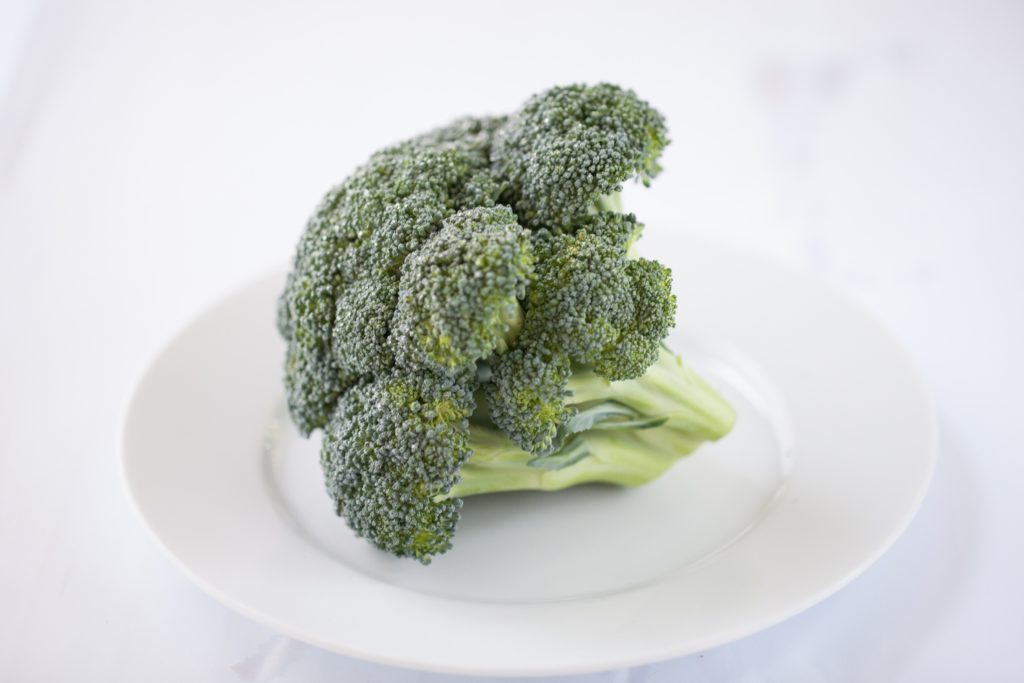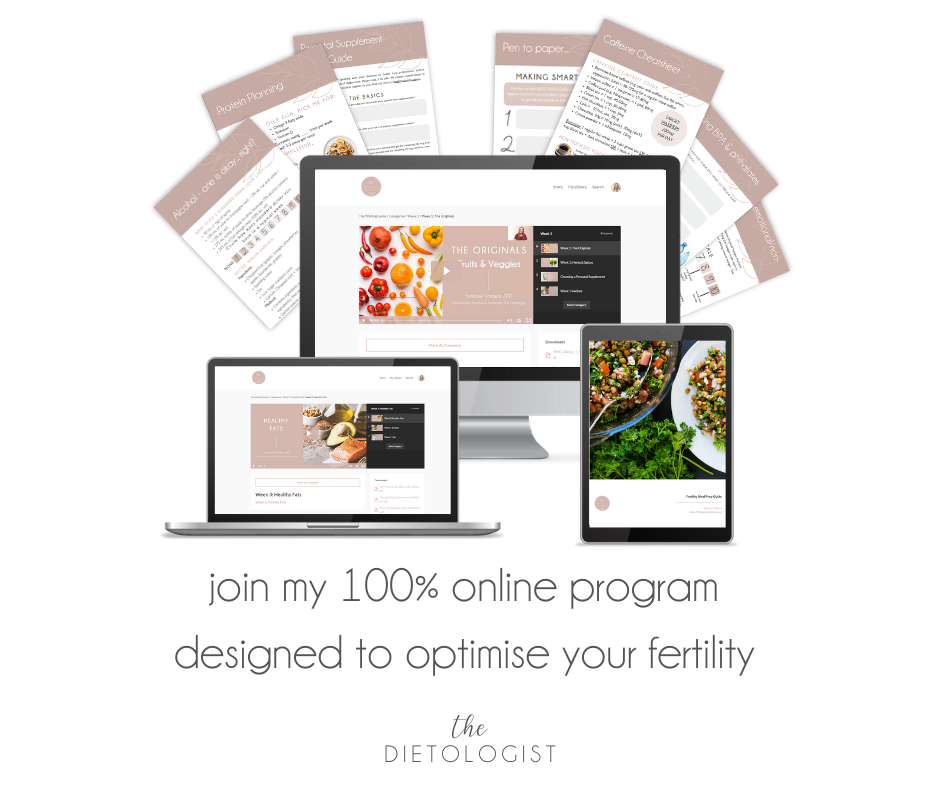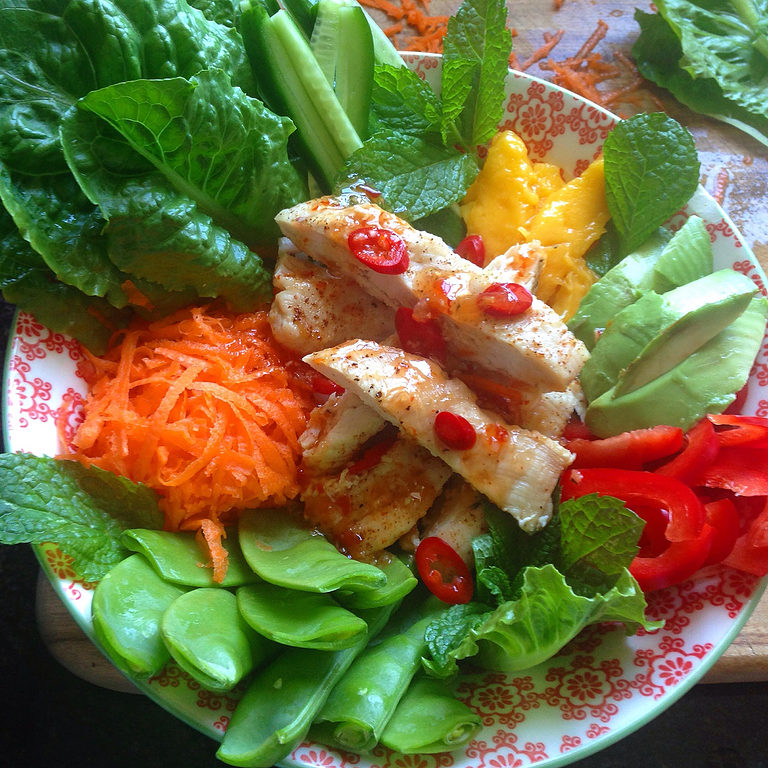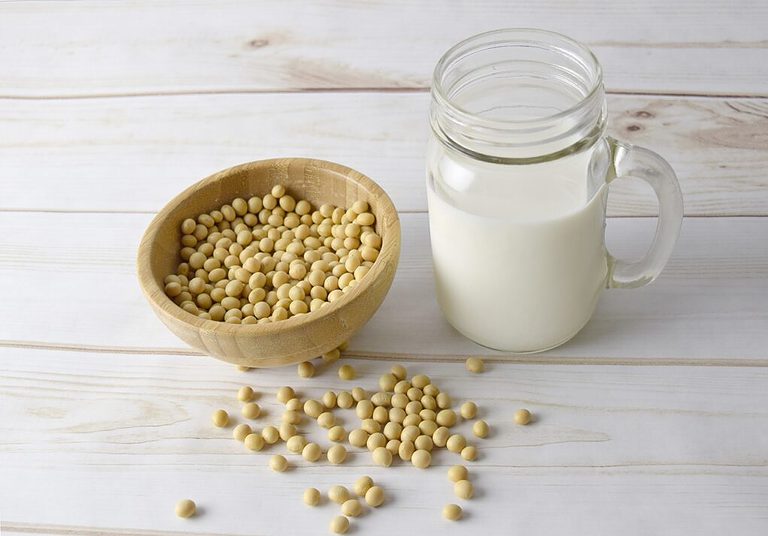If you are a woman trying to conceive and boost your progesterone levels, you may be looking at what you can foods you can eat to boost your progesterone levels. However, if you are just at the beginning of your conception journey or need a bit of a refresher, it’s time to head back to the biology classroom to learn about progesterone and its role in the body.
What is Progesterone?
Progesterone is a hormone found in both men and women. It is secreted during the second half of your menstrual cycle by the corpus luteum in the ovary, and its role is to help prepare the body for pregnancy in the case of the egg that was released from the ovary being fertilised. If it has not been fertilised, the corpus luteum in the ovaries starts to breakdown, which sends progesterone levels down and triggers the menstrual cycle to begin.
So, if you’re trying to conceive, you want to be able to maintain your progesterone levels throughout the second half of your cycle and avoid that drop if your egg has been fertilised to help support healthy implantation and support you and your embryo throughout early pregnancy.
What happens if progesterone levels are too low?
If progesterone levels are too low or absent, it can result in:
- Irregular and/or heavy menstrual cycles
- Miscarriage and early labour
- Failure for the ovary to release an egg during ovulation
Foods to Help Boost Your Progesterone Levels

Foods themselves do not contain progesterone, however, some foods may be considered helpful to help boost progesterone production and/or help balance high oestrogen levels. Oestrogen levels may be too high in the second half of the cycle affecting the progesterone to oestrogen ratio. There is some preliminary research in this area, however, we do need more to make more confident recommendations in this space.
Good news is, these foods are nutritious and helps increase your vegetable, antioxidant and plant protein intake which are all important for your fertility anyway!
- Beans – a nutritious source of plant protein, fiber, and zinc an important nutrient in supporting cell function and division for early pregnancy.
- Nuts (and seeds) – another great source of plant protein, fibre, and healthy fats, plus cashews and almonds are a fantastic source of zinc too!
- Pumpkin – a nutritious starchy veggie with lots of Vitamin A, B vitamins, particularly vitamin B6, which has been claimed to help boost progesterone levels as it helps support the development of the corpus luteum.
- Cruciferous vegetables (broccoli, cabbage, cauliflower) – these veggies contain indole-3-carbinol. This is a compound found in these veggies, which have been associated with supporting oestrogen metabolism and excretion in humans (Michinovicz & Bradlow, 1991).

Other Strategies to Help Boost Your Progesterone Levels
- Manage stress (easier said than done when trying to conceive), stress hormones can negatively impact your reproductive hormones, try meditation, gentle exercise
- Gentle exercise
- Get enough sleep – again important for hormone health.
- Maintain a healthy weight, and seek help from an Accredited Practising Dietitian for advice on what works for you.
- Speak to your gynaecologist about exogenous progesterone options (i.e. pills, suppositories, progesterone in oil etc)

Get support online to help transform your diet for optimal fertility in just 4 weeks inside The Waiting Game, join from anywhere around the world and grab my scientifically-backed fertility nutrition strategies in my proven framework! Head to courses.thedietologist.com.au to join today

Trying to conceive? Need some advice around nutrition and lifestyle to help optimise your fertility? Apply to work with me here.







